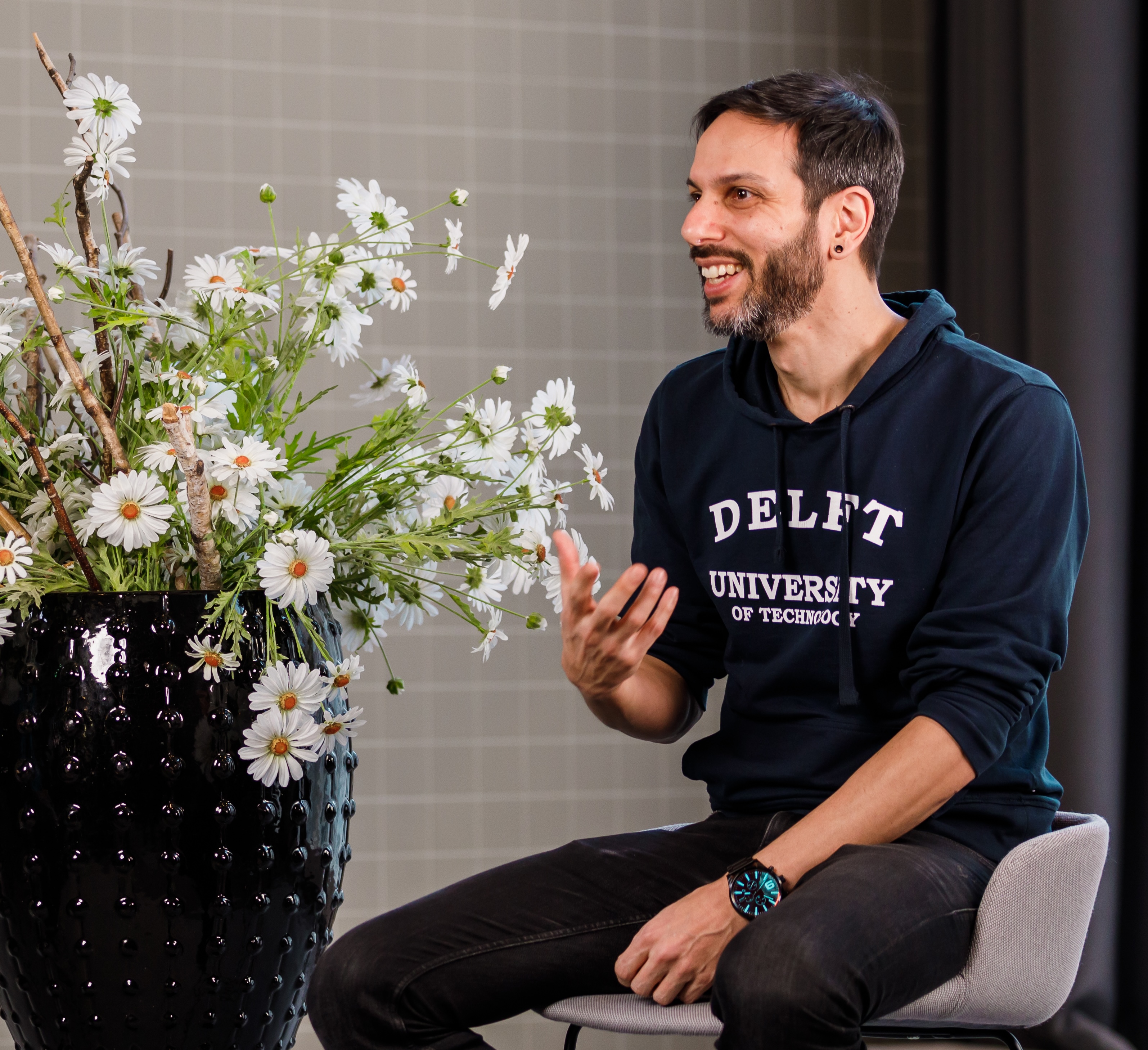A Social Data Scientist
I bring together the social, data, measurement, and computer sciences. My value stems from (1) diverse knowledge about how to design, collect, and analyze data, with (2) experience designing, managing, and delivering on projects in both industry and academia, and (3) finding clear ways to communicate results to diverse stakeholders.
I think a lot about how we use data to learn things and make decisions. This is why I like to study measurement - the way different scientific fields translate things that happen in the real world into numbers they analyze to learn and decide. This had led me to delivering data using a broad range of tools - VR-based field studies, hormones from hair and saliva samples, psychometric questionnaires, electro-cardiac measures using the consumer and research grade devices, as well as digital traces and key performance indicators from smartphone apps. I’ve also delivered analysis results using a number of techniques (e.g. Robust Rank Aggregation, Linear Mixed Effects Models, Specification Curve Analyses), in a range of fields, which include experimental Psychology and Criminology, and in Ground-Truthing - the science of gathering the data used to evaluate AI systems, as well as in industry and non-profit settings, to diverse stakeholders. My experience has shown me that tools from various fields and settings can be used to better learn and make decisions using data.
During my PhD, I applied this thinking to studying AI. I looked at how to improve the way we gather the measurements that we use to evaluate AI systems - often called the “gold standard” or the “ground truth”. We train and evaluate AI systems with data, and we often collect the evaluation data from people. Scholars have published works pointing out key issues with the data used for training and evaluating AI systems. For my PhD, I tried to bring in knowledge from the social sciences to improve ground truth by improving how we gather it from people. Thinking as a social Scientist, the field uses validated methods so that the data from people can be used as measurements.
My PhD thesis aimed to understand how to design, collect, and analyze ground truth, in challenging situations where there is no single truth, but rather multiple perspectives. It also informs generally how to “ground” psychological phenomena in text. The case study of my thesis involved measuring the basic values in song lyrics and political speeches. I brought knowledge from the Social Sciences, particularly psychometrics, to inform how to go about the process of “grounding” as a Trustworthy Artificial Intelligence (AI) systems PhD candidate in the Intelligent Systems department at Delft University of Technology, in the lab of Cynthia C. S. Liem.
I’m now looking to build on my experiences in a way that benefits as many people as possible. Download my CV or connect with me on LinkedIn.
Education
PhD in Computer Science,
(ABD) Delft University of Technology
Research MSc in Psychology,
Vrije Universiteit Amsterdam, Cum Laude
BA in Philosphy and Political Science, CUNY Queens College
